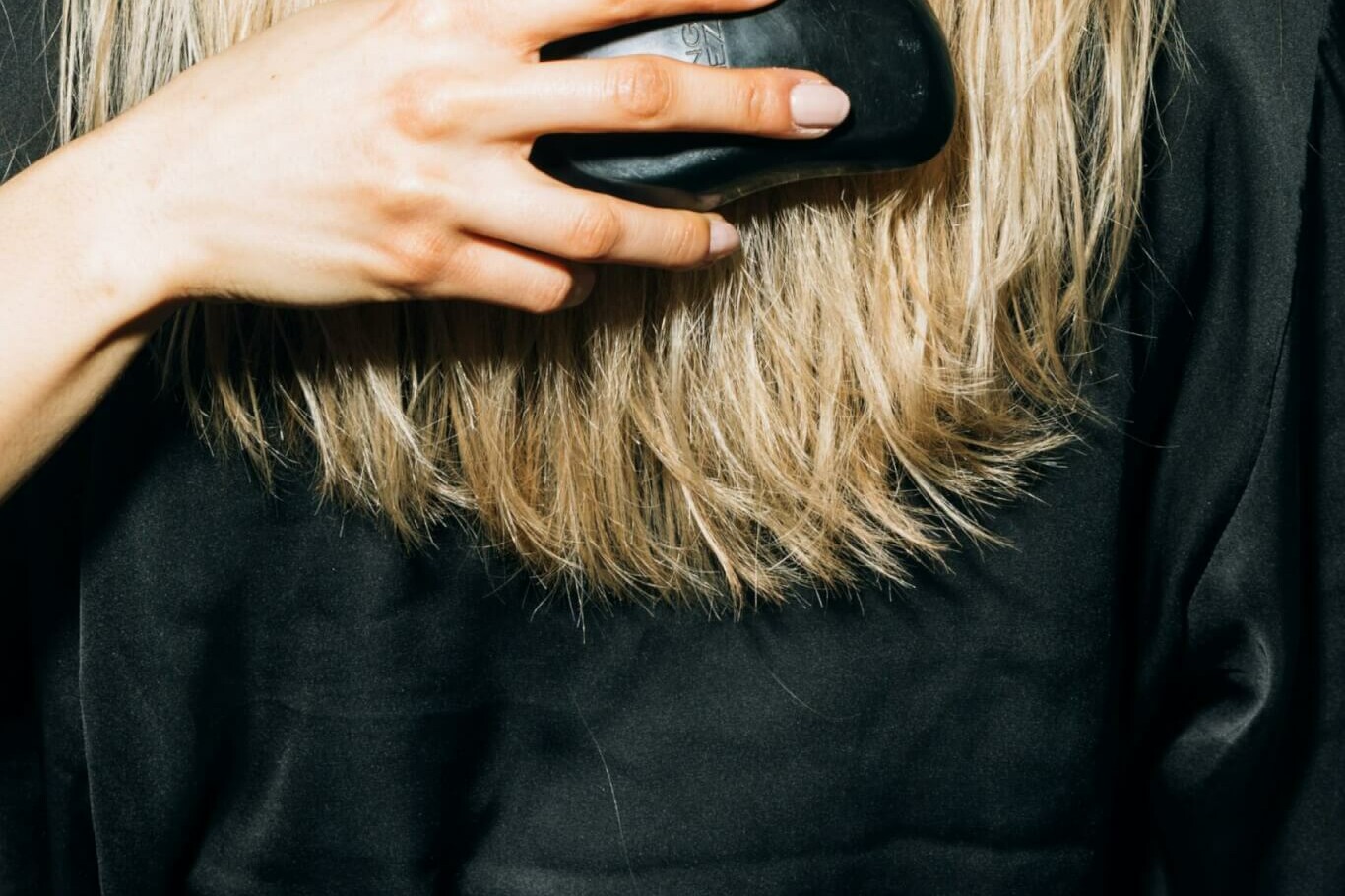Postpartum hair loss is a common condition that many new moms experience after giving birth. While it’s a natural part of the postpartum period, it can be stressful and even lead to further hair loss. Stress is one of the factors that can contribute to postpartum hair loss, but it’s not always easy to manage.
In this article, we’ll explore the impact of stress on postpartum hair loss and provide tips on how to manage it.
Understanding the Impact of Stress on Postpartum Hair Loss
Stress can cause a variety of physical and emotional symptoms, including hair loss. When you’re stressed, your body releases a hormone called cortisol. If you have prolonged periods of stress, your cortisol levels can remain elevated, which can contribute to hair loss.
Additionally, stress can affect your sleep patterns, which can further impact your hair health. Sleep is essential for the body’s overall health and can play a role in hair growth and regeneration.
Tips for Managing Stress and Postpartum Hair Loss
Managing stress can be a challenging task for new moms, but it’s essential for overall health and well-being. Here are some tips for managing stress and reducing the impact of postpartum hair loss:
- Practice relaxation techniques: Incorporate relaxation techniques, such as deep breathing, meditation, or yoga, into your daily routine. These techniques can help to reduce stress levels and promote relaxation.
- Get enough sleep: Adequate sleep is essential for overall health and can help to reduce stress levels. Try to establish a consistent sleep routine and create a sleep-conducive environment in your bedroom.
- Exercise regularly: Regular exercise can help to reduce stress levels and improve overall health. Aim for at least 30 minutes of moderate exercise per day, such as walking, jogging, or cycling.
- Eat a healthy diet: Eating a well-balanced diet can help to promote overall health, including hair health. Be sure to consume a variety of nutrient-dense foods, such as fruits, vegetables, whole grains, and lean protein.
- Seek support: Don’t be afraid to reach out to friends, family, or a healthcare provider for support. Postpartum hair loss can be a stressful and emotional experience, and having a support system can be beneficial.
Conclusion
Postpartum hair loss can be a stressful and challenging experience for new moms. While stress is one of the factors that can contribute to postpartum hair loss, there are ways to manage it. By incorporating relaxation techniques, getting enough sleep, exercising regularly, eating a healthy diet, and seeking support, you can reduce the impact of stress on postpartum hair loss and promote overall health and well-being.
Related Articles
September 6, 2025
Scalp Barrier 101 — How to Rebuild What Over-Cleansing Breaks
Your scalp is more than just the skin under your hair — it’s a living…
November 15, 2024
The Art of Detangling: How to Protect Your Wet Hair from Breakage and Split Ends
Detangling wet hair is a common part of many people’s hair care routine, yet…
November 12, 2024
The Hidden Risks of Dry Shampoo: How Overuse Can Impact Your Scalp Health and Hair Growth
Dry shampoo has become a beauty staple for many people, offering a quick and…




